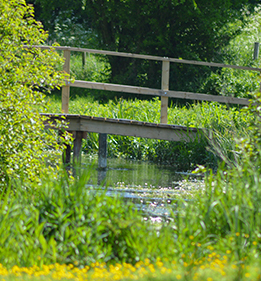Catchment Sensitive Farming improves water quality by working with farmers and land managers on a voluntary basis to reduce diffuse pollution from agriculture.
During 2015-16 Action for the River Kennet, in partnership with Catchment Sensitive Farming, Thames Water and the Campaign for the Farmed Environment began running a series of cover crop trials and free demonstration workshops for farmers. The cover crop trials are continuing into 2020 and we are gaining a good body of evidence and experience.
A cover crop is a crop planted primarily to manage soil erosion, soil fertility, soil quality, water and weeds.
The farm trials are testing how different species and mixes of crops perform, by sowing plots with different combinations of crop, then analysing the soil and measuring the water quality of water runoff from each plot.
The Catchment Sensitive Farming project also provides advice on safe use of pesticides, particularly metaldehyde, which is used to control slugs. This is a problem in the Kennet Valley because traces have been found in the drinking water supply to Reading.


